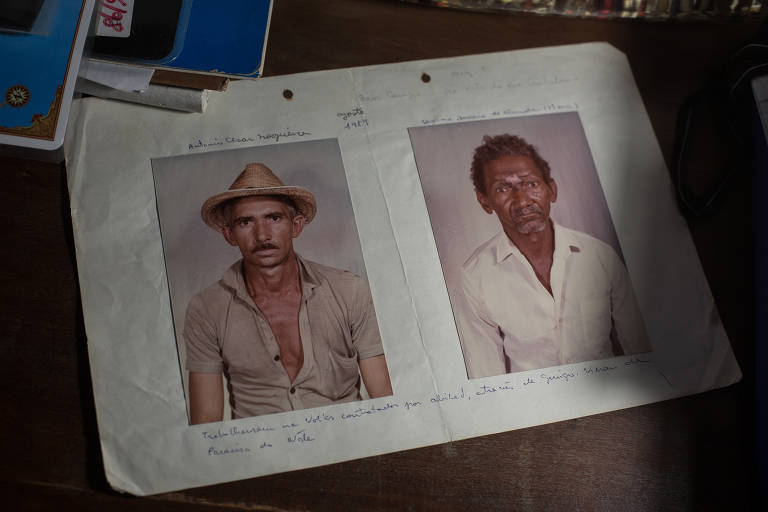It seemed like an urban legend, says French researcher and writer Antoine Acker: a car manufacturer decides to invest in high-end cattle ranching in Brazil, following the motto "integrate, don't abdicate" of the military dictatorship (1964-1985). The work, however, is largely done by slave labor.
The story of Companhia Vale do Rio Cristalino Agropecuária Comércio e Indústria, which Acker learned about in sparse quotes in German books, was real and now it could result in yet another long lawsuit for Volkswagen. The company was summoned by the Public Ministry of Labor to provide clarification on its former property, located in Santana do Araguaia (PA).
Father Ricardo Rezende was responsible for reporting the case. Most of the documents in the book written by Antoine Acker about the case are his.
Rezende says that he moved to the south of Pará in 1978. "I would hear many stories about the farm, but always after the events had happened, and then we would wait for the opportunity to take action."
In 1983, Rezende met three young men who had just escaped from the CVRC. They had debts to the farm. These debts, according to the priest, were the way to keep the workers captive.
With the complaint made by the young people, Rezende managed to gather a delegation of state deputies from São Paulo and visit the Volkswagen farm. Despite the reports, the case had more repercussions abroad than in Brazil. The farm was sold in 1986 for about $20 million, with no judgments or compensation.
In a statement, Volkswagen states that it "reinforces its commitment to contribute to investigations involving human rights in a very serious way."
Translated by Kiratiana Freelon
